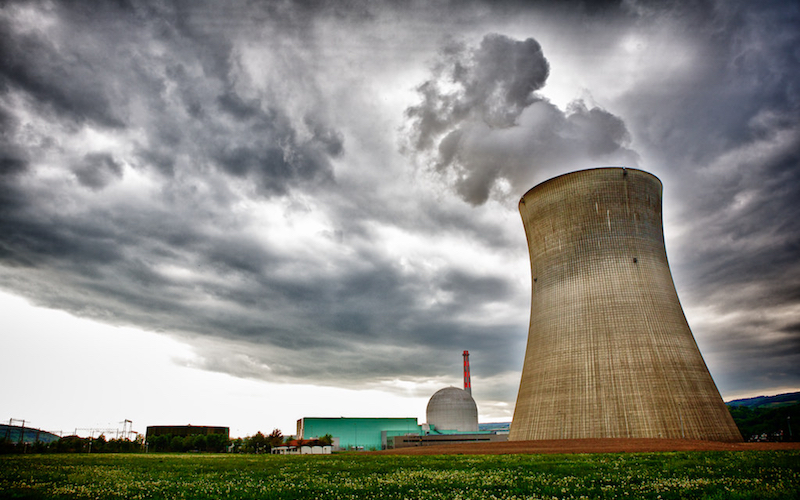
The Myth of Energy Security
Ask anyone in the energy establishment of Jordan, Egypt, UAE or Saudi Arabia about the reasons behind their country’s pursuit of nuclear power and you will be given a lecture on how it would improve their energy security. Whether achieving energy independence is the real reason behind investing in nuclear power in the Middle East is questionable, but for now, let’s examine the argument for energy security.
First, an understanding of energy systems could show us how energy security is not as easily attainable as one might initially think. Energy generation is a system of connected parts; not only does it require access to natural resources (oil, gas, uranium), but also to several elements such as technology, expertise, and financing. In some cases, access to affordable and reliable energy even necessitates cross-border cooperation (think grid interconnections and gas pipelines). This interconnectivity is an intrinsic feature of the evolving complexity and advancement of our energy systems. Yet, this very feature undermines the concept of energy independence as we imagine it.
For example, Jordan’s access to substantial, high-grade, uranium reserves, a claim that remains questionable, does not necessarily indicate that nuclear power could brand the kingdom as energy secure. As things stand today, Jordan’s nuclear program is reliant on Russia to provide the technology, expertise and half the capital required to build the reactors. Not only could Russia halt the project at anytime pre-op, it could also do so post-op, potentially stripping Jordan of 30% of its generated electricity.
Some might argue that this perhaps is an extreme and unlikely scenario, but even then, there are many reasons why a nuclear power plant could stop operating. The Fukushima disaster in 2011 is a stark reminder that even well-developed countries are prone to vulnerabilities. Overnight, Japan retired almost all its nuclear reactors and was forced to purchase natural gas at very high prices. Chernobyl and Five Mile Island are a couple more dramatic examples of the pitfalls of nuclear power.
My second point: the pursuit of energy security could entail leaving behind vast opportunities for cooperation as it pushes countries to adopt more inward-looking policies. The role of energy in advancing diplomacy and dialogue is understated. Despite all their differences, Iran and Saudi Arabia, had to agree on a deal to cut oil production to rescue global oil prices. Another example is the Qatar-Dubai gas pipeline, which remains operational despite the recent Gulf crisis and deteriorating GCC-Qatari relations.
Inward-looking policies are often expensive and suboptimal. When nuclear power projects are discussed under the pretext of “energy diversification strategies,” it is often forgotten that such projects are inherently inappropriate in the Middle East. The economic case for nuclear simply doesn’t stand up. Mutual dependence on the Persian Gulf’s reserves prevents war from breaking out between rivals like Saudi Arabia and Iran.

